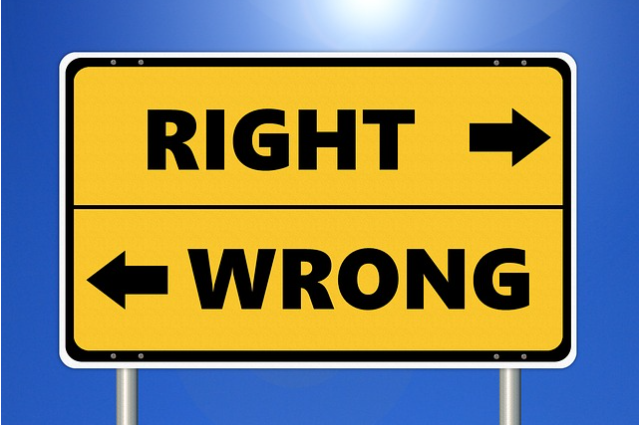
Moral policing, a societal conundrum,
takes root in debates,
fixates moral fates
to create—cause and effect.
Layers of moral standards
are refined and defined,
aligning with enforcers' minds!
Preservation of cultural
and traditional values—
their intent, they say,
but personal freedom
is eroded with each passing day.
Hiding behind shadows
of old prejudices,
behaving as though they are
Socrates or Plato, the wisest.
Drivers of this trend abound:
religious orthodoxy, conservatism,
and a skewed sense of duty—their motivators.
Participants, including vigilante groups,
invigorate this trend,
making it inescapable, without end.
Clothes worn by women
are, they claim, directly proportional to
the dignity they represent to men!
The scene of shouting and
identity-checking of young couples
isn't intimidation but legitimacy—
they frequently stamp.
Cinema, art, music, and literature
are banned,
and branded as a ruin to culture.
"It lacks sensitivity," they tagged.
Instances are endless,
captured under its reign.
These are mere reflections of
ideological biases;
without legal sanction,
they cultivate savage spices.
Territorial expansion of
moral policing includes
demeaning freedom,
opposing constitutional guarantees,
and questioning legal fiefdoms!
Youth stumble in the crossfire
of moral servitude,
creating generational divides
with fractured attitudes!
Progressive thinking buzzes
on the windowsill of changing times,
but moral policing stifles
fresh air meant to ring the wind chime.
Social media heats its hues,
darkening the shades of progress,
adding trolling and cyberbullying to the queue.
Digital spaces must not bleed
with instances like these.
We must not let grey areas
enable moral policing sprees.
Carving awareness in minds,
strengthening legal frameworks
with interventions and strides,
piercing societal changes
into the ears of community conversations.
To dispel uncertain ululations—
this chain of actions
is a collective solution
to establish tolerance and inclusivity,
to weave the world’s trustful version.
